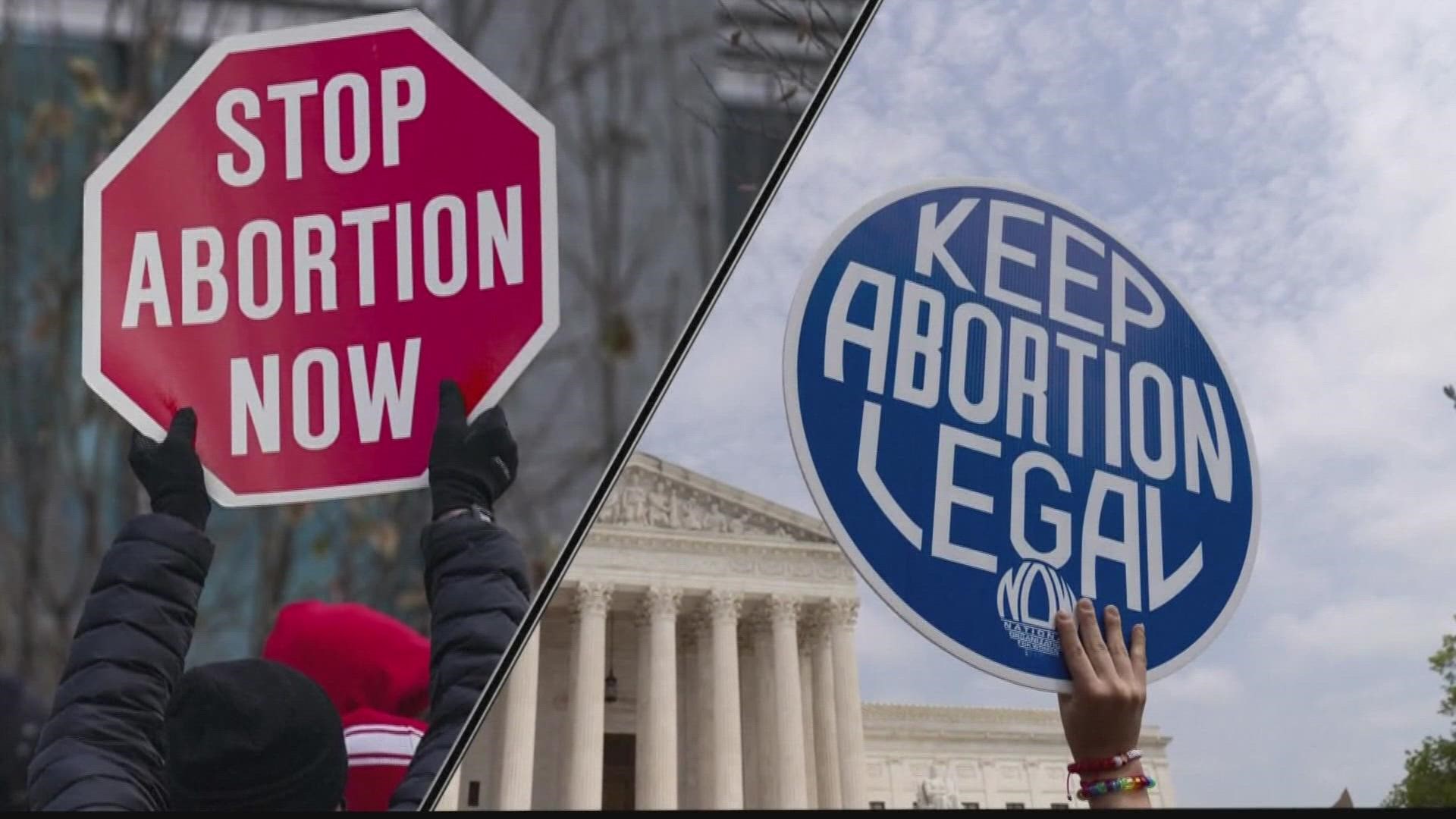ATLANTA — The supreme court’s recent decision to overturn Roe v. Wade could trigger more states, like Georgia, to implement restrictive abortion laws.
“I believe that eliminating the right of women to make decisions about when and whether to have children would have very damaging effects on the economy,” United States Treasury Secretary Janet Yellen said.
Yellen is predicting that Georgia could experience economic implications as it is one of nearly two dozen states prepared to implement restrictive abortions; others agree.
“I absolutely think it could have an impact on the economy. I think that's undebatable,” said Michael Pesko, an associate economics professor at Georgia State University.
He added that such restrictive laws open up many questions surrounding a woman’s ability to work.
“I would be interested in, does it affect women's labor force participation? Does it affect their educational achievement? Does it affect their household structure,” he asked.
An analysis previously published by the Institute for Women's Policy Research estimated that outlawing abortions could cost state and local economies $105 billion annually by reducing a woman’s presence in the labor force.
“I absolutely think it’s critical that we allow women when and if they want to be parents, and that ties into us being able to enter the workforce, get an education and have thriving careers,” Democratic Congresswoman, Nikema Williams previously said.
RELATED: Who voted against Roe v. Wade?
However, Williams believes women in Georgia will face even tougher challenges.
“We are not even willing to give women paid family leave in this country. We saw how the pandemic impacted women. A lot of people call it the ‘she-cession’ because so many women left the workforce because of our duties and taking care of our children,” she added.
Meanwhile, pro-life advocates said the economy should not be a factor in the debate.
“I really hate even talking about this in terms of economics, because life is not about economics,” said Rachel Greslzer, a senior research fellow with The Heritage Foundation.
Greslzer believes life should never be reduced to numbers, adding "you can't ignore that a life that is not born is a life that is not going to be contributing to the economy in the future.”
What both sides of the debate surrounding abortion can agree on is the need for legislation on the federal and state level to help families and working moms.
Paid family leave and assistance with child care is a place to start.

